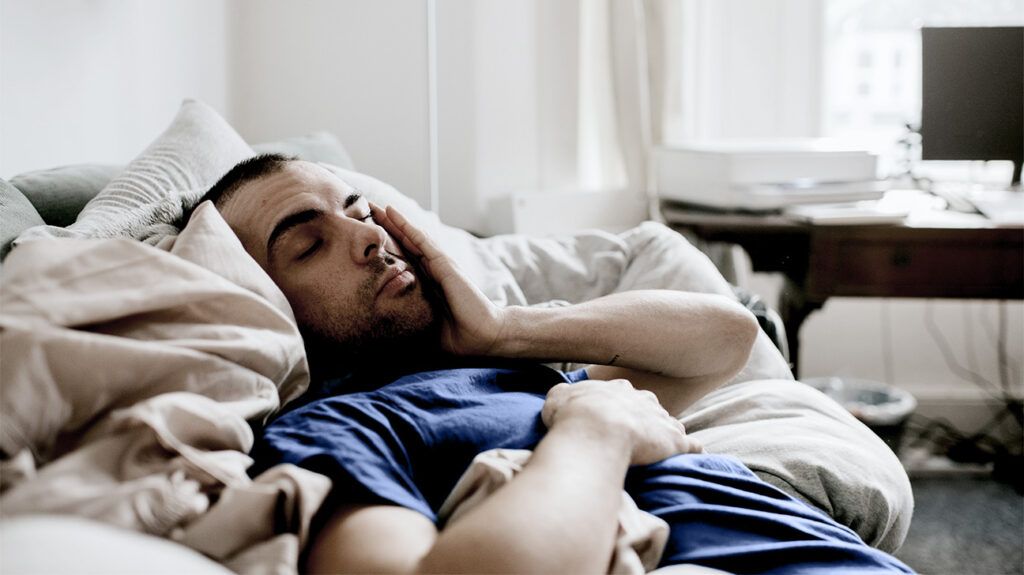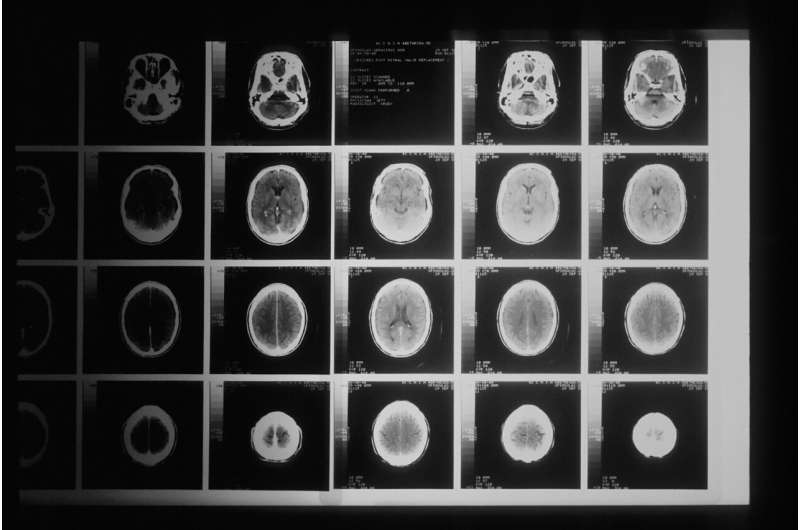Poor Sleep Linked to 172 Diseases Including Dementia and Diabetes

New research reveals that poor sleep patterns are linked to over 170 diseases, emphasizing the importance of sleep for long-term health and disease prevention.
Poor Sleep Linked to 172 Diseases Including Dementia and Diabetes

Researchers have uncovered a significant connection between sleep quality and a wide range of chronic health conditions. A new study links poor sleep patterns to 172 different diseases, including neurodegenerative disorders like dementia and Parkinson’s, metabolic conditions such as diabetes, and other serious health issues.
Key Findings
- Quality sleep is essential for overall health.
- 92 of these diseases have over 20% of their risk associated with poor sleep behaviors.
- Disrupted sleep patterns, including irregular bedtimes and circadian rhythm disturbances, increase disease risk.
The Research
Analyzing data from over 88,000 adults in the UK Biobank, researchers followed participants for an average of 7 years. They found that poor sleep habits significantly increased the risk of various illnesses, with some risks more than doubling. Notably, 92 diseases had more than 20% of their risk attributable to sleep issues, including dementia, hypertension, Parkinson’s disease, and type 2 diabetes.
Dr. Qing Chen, co-lead author, emphasized that sleep rhythm and duration influence different health aspects, making sleep regularity crucial. The study advocates for considering sleep patterns in disease prevention strategies.
Does Lack of Sleep Cause These Diseases?
Sleep medicine experts like Dr. Matthew Scharf agree that while the study shows associations, causation remains to be established. Nonetheless, sleep is a modifiable behavior, and improving sleep habits could be key to enhancing health outcomes.
Dr. Daniel Truong highlights that behavioral interventions emphasizing consistency and timing could have substantial health benefits. Future research aims to determine whether targeted sleep interventions can prevent or alleviate these diseases.
Sleep Regularity vs. Sleep Duration
Dr. Daniel Truong notes that sleep regularity may be more important than the number of hours slept, as it influences disease risk. Researchers continue to explore how maintaining a consistent sleep schedule can promote better health.
Sleep Is Not an Isolated Issue
Experts like Dr. Katie McCullar point out that insufficient sleep often coexists with chronic conditions, acting as both a marker and a catalyst for health problems. Prioritizing sleep health is essential for holistic health management.
Tips for Better Sleep
Healthcare professionals recommend establishing a regular sleep routine, creating a comfortable sleep environment, and seeking medical advice for persistent sleep problems. Addressing issues like sleep apnea or mood disorders can significantly improve sleep quality and overall health.
Sleep is a vital, yet sometimes overlooked, component of health. As research continues, integrating good sleep habits into daily life can serve as a powerful tool for disease prevention and health promotion.
Stay Updated with Mia's Feed
Get the latest health & wellness insights delivered straight to your inbox.
Related Articles
Revolutionary Genetic Test Can Diagnose Brain Tumors in Just Two Hours
A groundbreaking genetic testing method can diagnose brain tumors in as little as two hours, vastly improving intraoperative decision-making and patient outcomes. Developed by the University of Nottingham, this technology uses nanopore sequencing to provide quick, accurate, and cost-effective tumor classification, transforming care for brain cancer patients.
Innovative Therapeutic Approach to Lower Cholesterol Levels
Researchers have developed a new gene therapy using polypurine hairpins to inhibit PCSK9, offering a promising and safer strategy to lower LDL cholesterol and combat cardiovascular disease.
Safety of Aqueous Humor Liquid Biopsy Confirmed in Pediatric Retinoblastoma Patients
Recent study confirms that aqueous humor liquid biopsy is a safe and effective procedure for children with retinoblastoma, with minimal risks and excellent safety outcomes.



